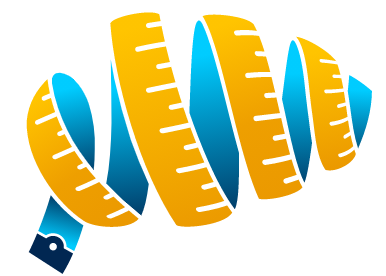Technology in ADHD Evaluations: Tools and Applications
10/27/2023
Technology in ADHD Evaluations: Tools and Applications
The evaluation and monitoring of ADHD (Attention-Deficit/Hyperactivity Disorder) in children and adolescents are evolving, thanks in part to advancements in technology. Innovative tools and applications are now being employed to enhance the accuracy and efficiency of ADHD evaluations. This post investigates these technological innovations and how they are reshaping ADHD assessments.
Digital platforms have transformed traditional ADHD screening methods:
- Online Questionnaires: Easily accessible online forms allow parents and teachers to provide detailed behavioral observations that are essential in ADHD evaluations.
- Interactive Screening Applications: Apps that engage children in activities or games to assess attention span and impulsivity.
Computer-based testing offers a standardized approach to evaluating cognitive functions related to ADHD:
- Attention and Focus Assessments: Tools that measure attention span, focus, and the ability to filter out distractions.
- Working Memory Tests: Evaluating a child’s ability to hold and manipulate information in their mind.
Wearable devices are increasingly used in ongoing monitoring and management:
- Activity Trackers: Monitoring physical activity levels and patterns, which can be indicative of hyperactivity.
- Biofeedback Devices: Measuring physiological responses, such as heart rate, which can reflect stress or anxiety levels.
There are numerous apps designed to aid in behavior management and self-monitoring for children with ADHD:
- Daily Behavior Tracking Apps: Allowing parents and children to track and manage daily behaviors and routines.
- Reminder and Organizational Apps: Helping children with ADHD manage their time and tasks more effectively.
Telemedicine has become a valuable tool in ADHD evaluations, especially in underserved areas:
- Virtual Consultations: Connecting families with specialists for evaluations and follow-ups without the need for physical travel.
- Remote Monitoring: Enabling clinicians to monitor a child’s progress and adjust treatments as needed.
Artificial intelligence and machine learning are being explored for their potential in identifying patterns and improving the accuracy of ADHD diagnoses.The integration of technology in ADHD evaluations and monitoring represents a significant advancement in the field. These tools not only make the evaluation process more efficient and accessible but also offer new insights into the understanding and management of ADHD in children and adolescents.


